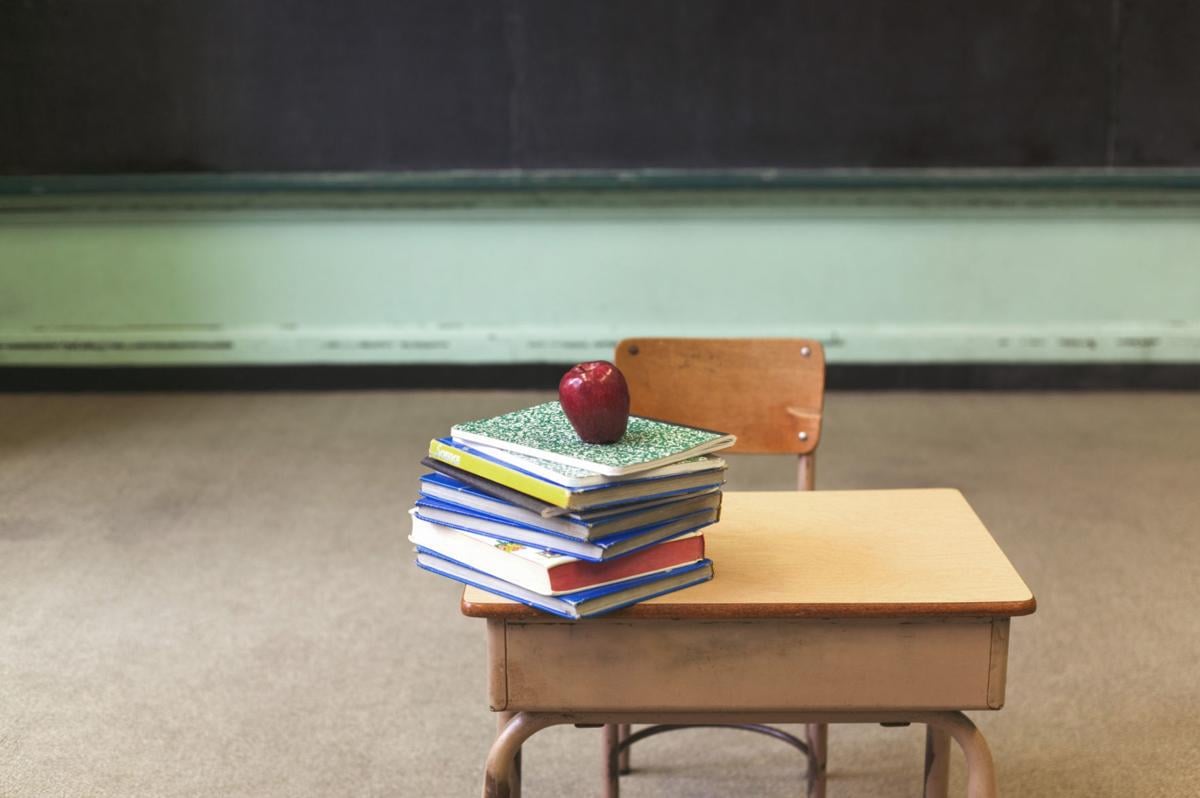PHOENIX — A House panel voted Monday to ask voters to increase what they pay in sales taxes to fund public education.
The proposal would put a measure on the 2020 ballot to boost the current 0.6-of-a-cent sales tax earmarked for schools to a full penny.
That would bring in an extra $450 million to $500 million a year, with 75 percent earmarked for K-12 education, 20 percent to keep tuition affordable at public universities and the balance for community colleges.
The measure needs approval of the full House and Senate to get on the 2020 ballot. Gov. Doug Ducey, who has consistently opposed tax increases, would have no say in the matter.
The House Education Committee’s 8-4 vote in favor came after a parade of witnesses, including parents and school officials, told lawmakers the additional dollars are needed to ensure Arizona children have a quality education. Several also cited the cuts in public education made in the past decade as lawmakers sought to balance the state budget during the Great Recession.
While there was no real dispute among legislators that more money is needed, several said they could not support the measure.
Rep. John Fillmore, R-Apache Junction, said he wants to be sure the money goes to classrooms and teachers, not to administration.
Fillmore also said he fears voters will be fooled into believing that if they approve the tax hike, the education funding problem will be solved. “I believe that what will happen then is we’ll just kick the can down the road,” he said.
On the other side of the aisle, Rep. Isela Blanc, D-Tempe, said the amount of new dollars would be too little, too late.
She pointed out that the first dollars would not reach classrooms until the 2021-2022 school year. Blanc said young children who are not getting the education they need now because of the lack of proper funding can’t wait that long.
And Blanc objected to the funding approach because sales taxes are regressive, with people near the bottom of the income scale paying a larger percentage of what they make than those who are more affluent.
Rep. Aaron Lieberman, D-Phoenix, voted for the measure, saying it is better than the current funding situation because it would make “some progress” in providing schools the necessary resources.
Lieberman said he sees this as just part of the solution, and that the state needs to go after “the billions of dollars in loopholes and special tax deals that are shot through our tax code right now.”
The education sales tax legislation by Rep. Michelle Udall, R-Mesa, House Concurrent Resolution 2024, closely tracks a similar measure being ushered through the Senate by Sen. Sylvia Allen, R-Snowflake.
A decade ago, the state was providing $4.59 billion for public education. For the current year, the estimate is close to $5.63 billion.
On a per-student basis, that’s an increase of about $600.
But when inflation is taken into account, basic state aid for maintenance and operation of schools is actually about $100 less per student.
Udall acknowledged that aid to schools makes up about half of the total state budget. “But at the end of the day there are more needs in education,” she said.
There is a constitutional requirement to provide a “free and appropriate” public education for all children, including those who have special needs, Udall said.
Rep. Reginald Bolding, D-Laveen, voted for the proposal despite reservations about the method.
“We have to look at a broad-based approach to make sure that everyone is paying their fair share, that everyone feels some of the pain, and everyone has the opportunity to know that they are supporting and fighting for our kids,” he said.
Relying solely on a one-cent sales tax, Bolding said, does not meet that test. But it’s what’s on the table.
“What I’m not enthusiastically supportive of is the fact that our kids are in classrooms right now and they don’t have the resources that they need,” he said. “And I am not willing to let another five, 10, 15 or 20 years go down the line without our kids getting the resources that they need.”
Like Lieberman, Bolding called the plan one piece of the puzzle to get some of what is needed for everything from preschool through community colleges and beyond.





